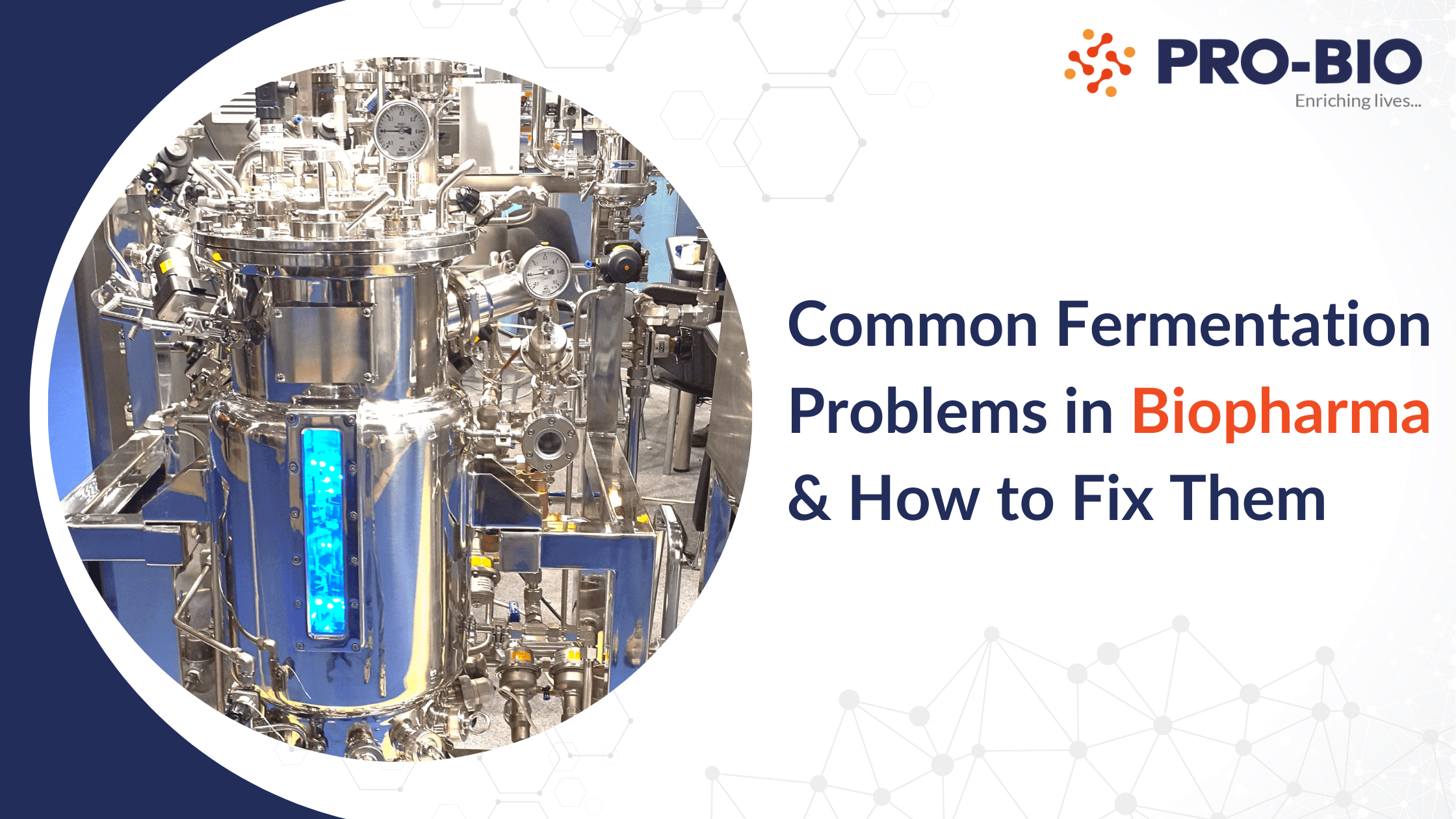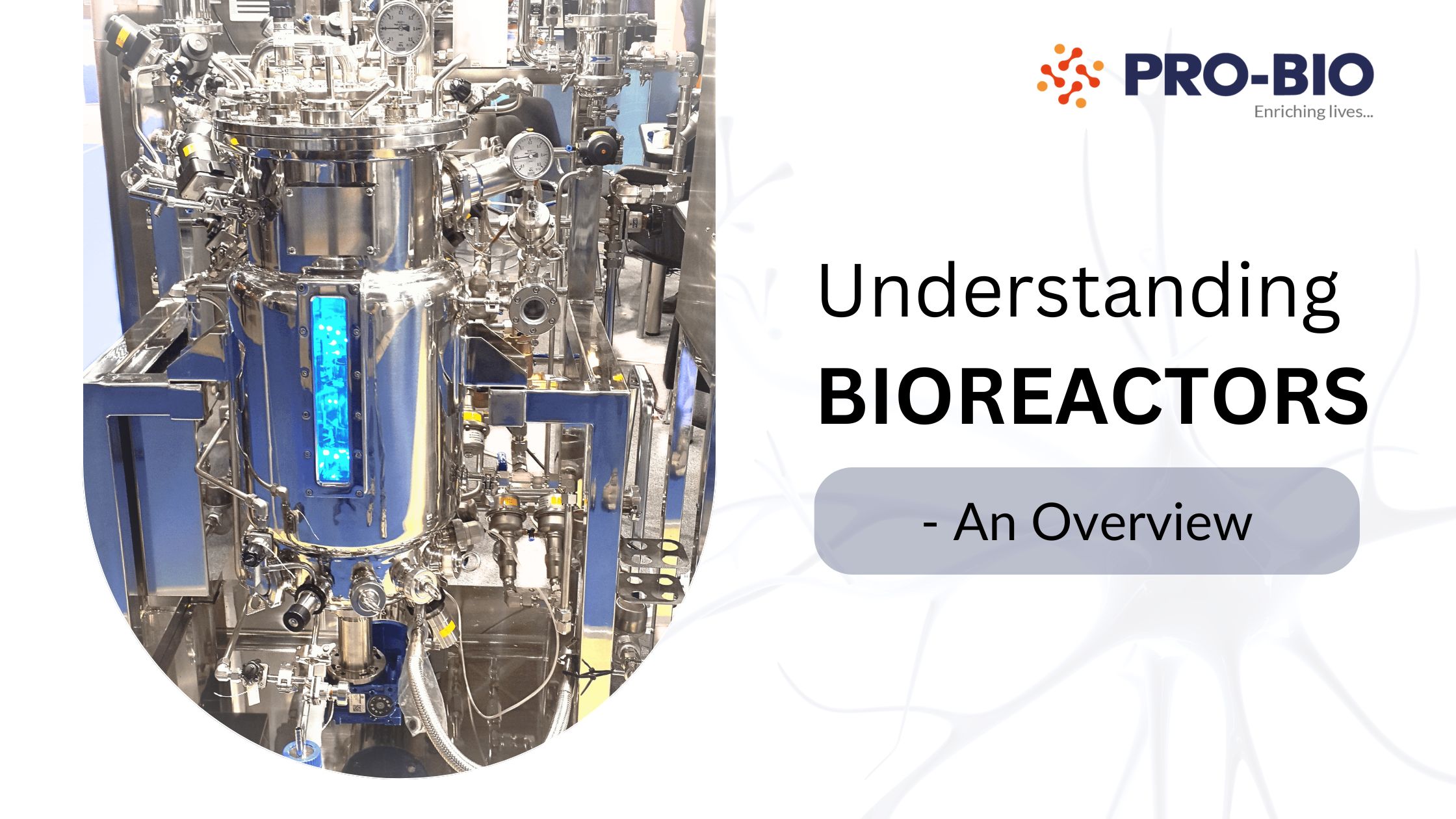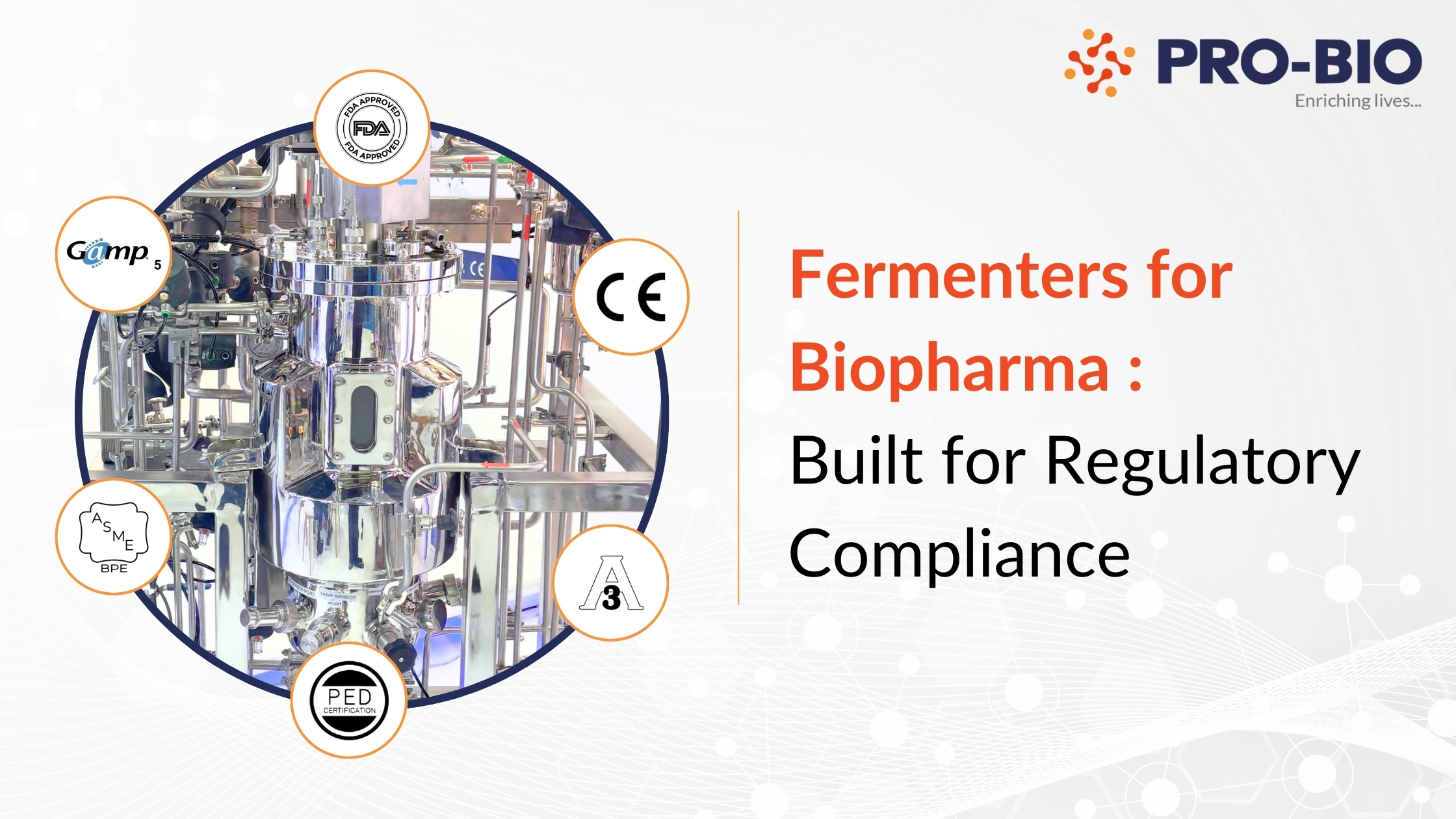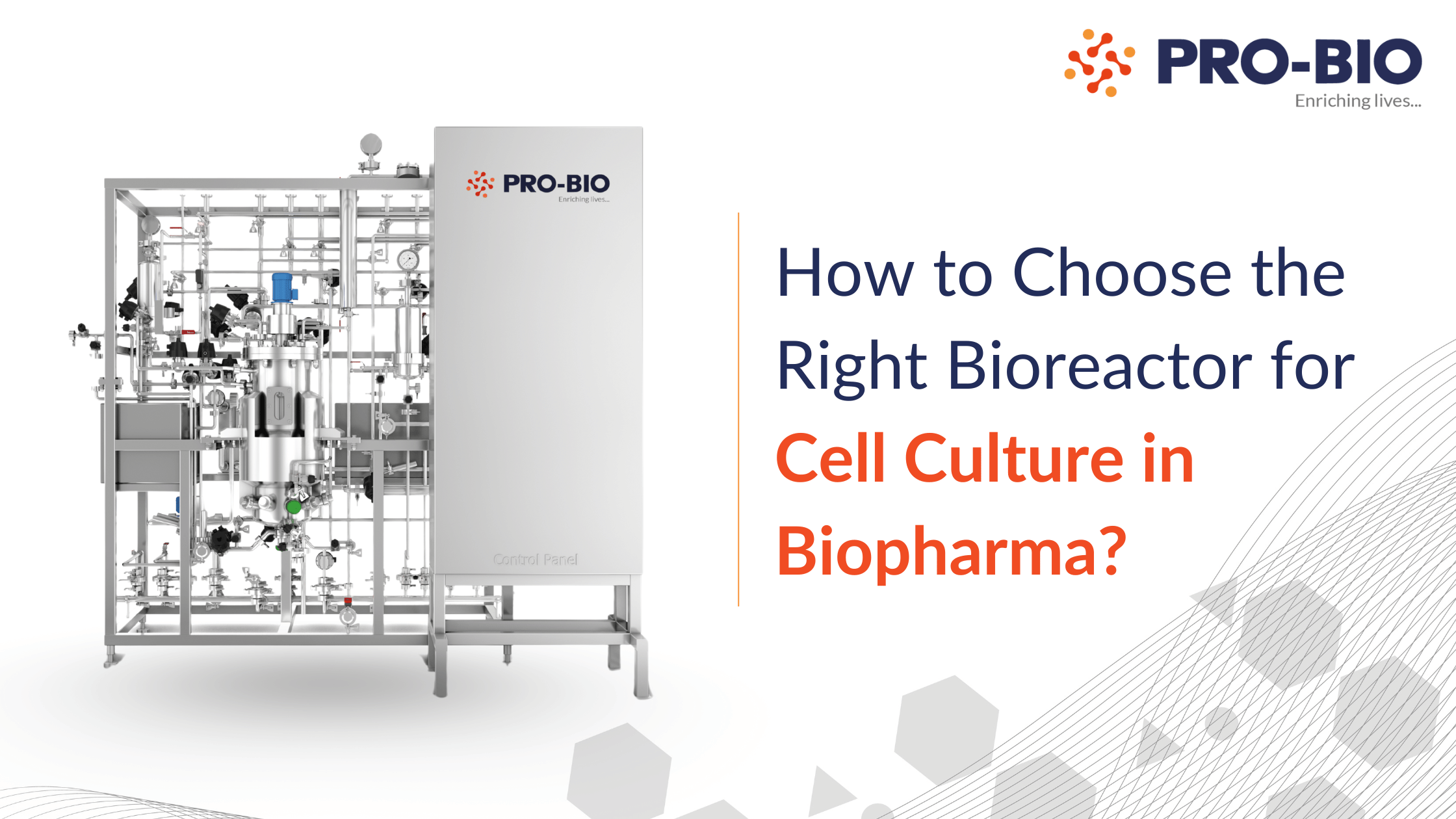

Bioreactors are specialized equipment that facilitate the growth of microorganisms, cells, or tissues for the production of biopharmaceuticals, biofuels, food products, and various industrial enzymes. They are essential in various fields, including biotechnology, pharmaceuticals, and agriculture, where controlled biological processes are critical to achieving desired outcomes.
What is a Bioreactor?
A bioreactor is designed to provide a controlled environment where biological reactions can occur under optimal conditions. These reactions may involve the cultivation of microorganisms, such as bacteria or yeast, or higher organisms, including plant and animal cells. The key objective of a bioreactor is to maximize product yield while ensuring the viability and health of the cells or microorganisms involved..
Key Functions of Bioreactors
Bioreactors serve several critical functions, which include:
Bioreactors serve several critical functions, which include:
1. Maintaining Controlled Conditions : Bioreactors provide an environment that regulates temperature, pH, dissolved oxygen, and nutrient supply, all of which are essential for optimal cell growth and metabolism.
2. Nutrient Supply : They continuously provide nutrients through feeding systems, ensuring that cells have the necessary resources for sustained growth and productivity.
3. Waste Removal : Bioreactors facilitate the removal of waste products generated during cell metabolism, preventing toxic accumulation that could inhibit cell growth.
4. Agitation and Mixing : Effective mixing is crucial to ensure uniform distribution of nutrients and gases, enhancing mass transfer and oxygen uptake while minimizing shear stress on sensitive cells.
5. Monitoring and Control : Advanced monitoring systems continuously assess key process parameters, enabling real-time adjustments to maintain optimal conditions for cell growth and product formation.
Types of Bioreactors
There are several types of bioreactors, including:
• Industrial Bioreactors : Designed for large-scale production, these bioreactors are used in commercial manufacturing of biopharmaceuticals, biofuels, and other products.
• Lab-Scale Bioreactors : Used primarily in research and development, these systems allow for small-scale experimentation and optimization before moving to larger scales.
• Pilot-Scale Bioreactors : These systems bridge the gap between lab-scale and industrial-scale production, providing a platform for process validation and optimization.
Features of Bioreactor Systems
Modern bioreactor systems are equipped with various features that enhance their performance, including:
• Automation and Control Systems : Advanced bioreactors come with automated control systems that manage and adjust critical parameters, reducing the potential for human error and enhancing operational efficiency.
• Integrated Safety Mechanisms : Many systems include alarms and fail-safes to protect against deviations in process parameters, ensuring reliable operation.
• Scalability : Bioreactors are designed to accommodate small lab-scale setups to large industrial systems, allowing for seamless transitions from research to commercial production.
• Sterility Maintenance : Ensuring a sterile environment is paramount in biopharmaceutical production. Bioreactors are designed with aseptic features to minimize contamination risks.
Applications of Bioreactors
Bioreactors have diverse applications across various industries, including :
• Pharmaceuticals : Used for producing vaccines, monoclonal antibodies, and therapeutic proteins.
• Biotechnology: Facilitate the production of enzymes, biofuels, and other bio products.
• Food and Beverage: Involved in fermentation processes for producing yogurt, beer, and other fermented products.
• Agriculture: Used in the production of plant cells and tissues for plant breeding and genetic modification.
Conclusion
Bioreactors are vital systems in the bioprocessing industry, enabling the controlled cultivation of cells and microorganisms for various applications. By providing optimal conditions for biological reactions, bioreactors play a crucial role in the production of high-value products across numerous sectors. As technology advances, bioreactors will continue to evolve, enhancing productivity, efficiency, and sustainability in bio manufacturing processes.




